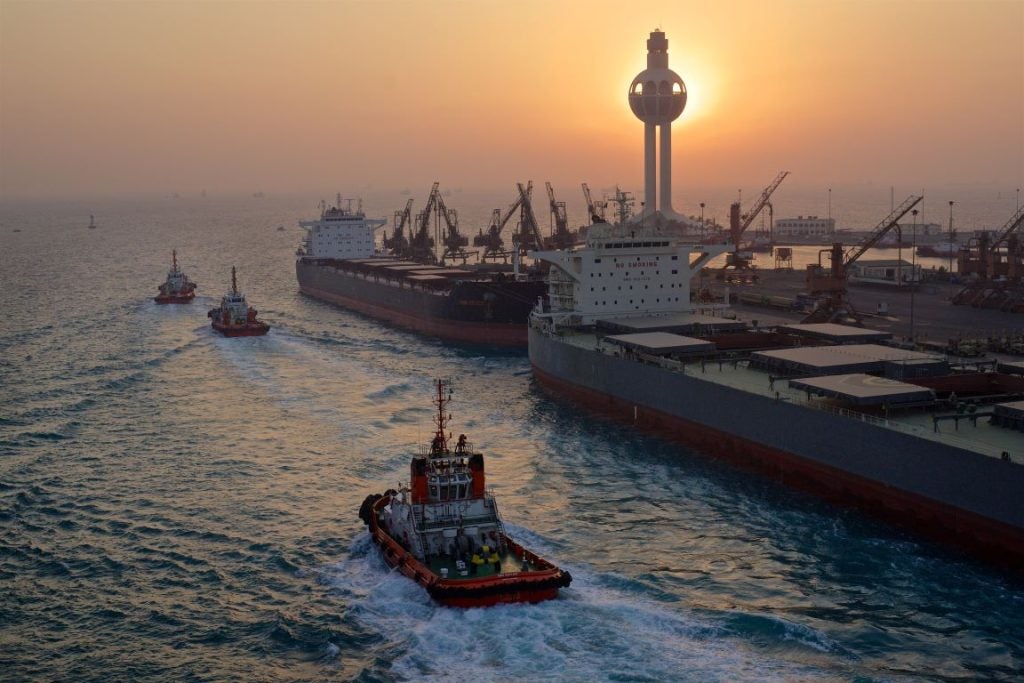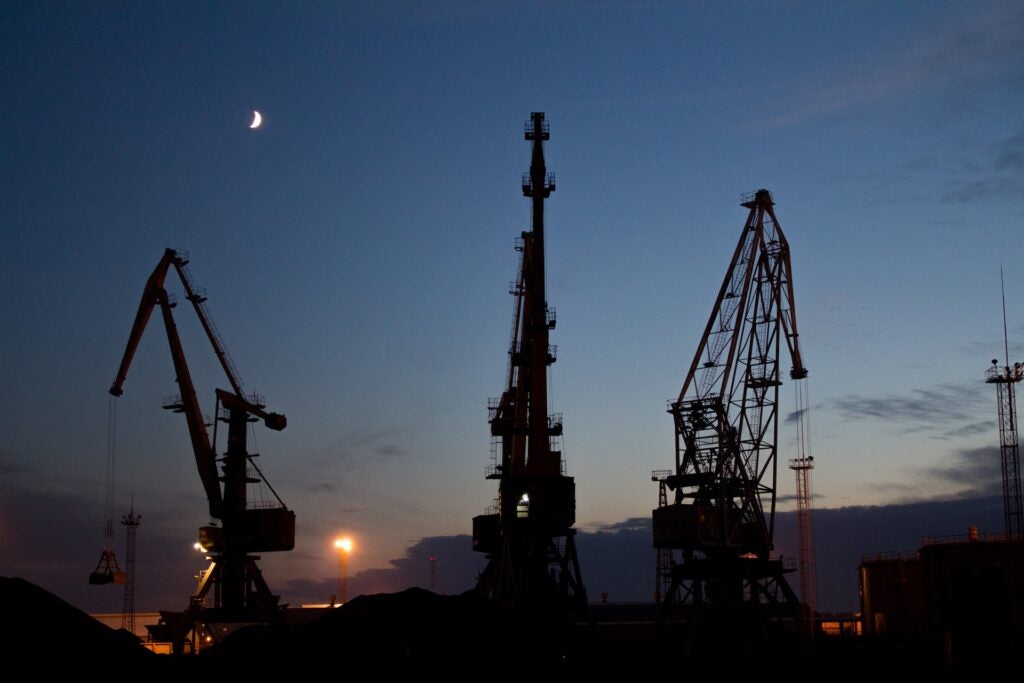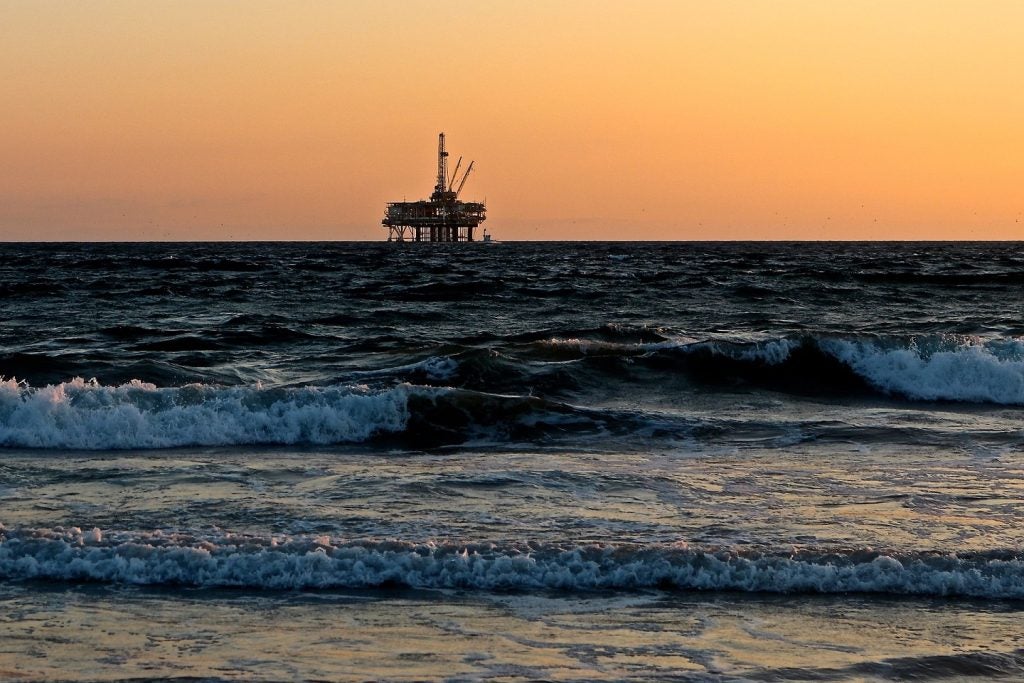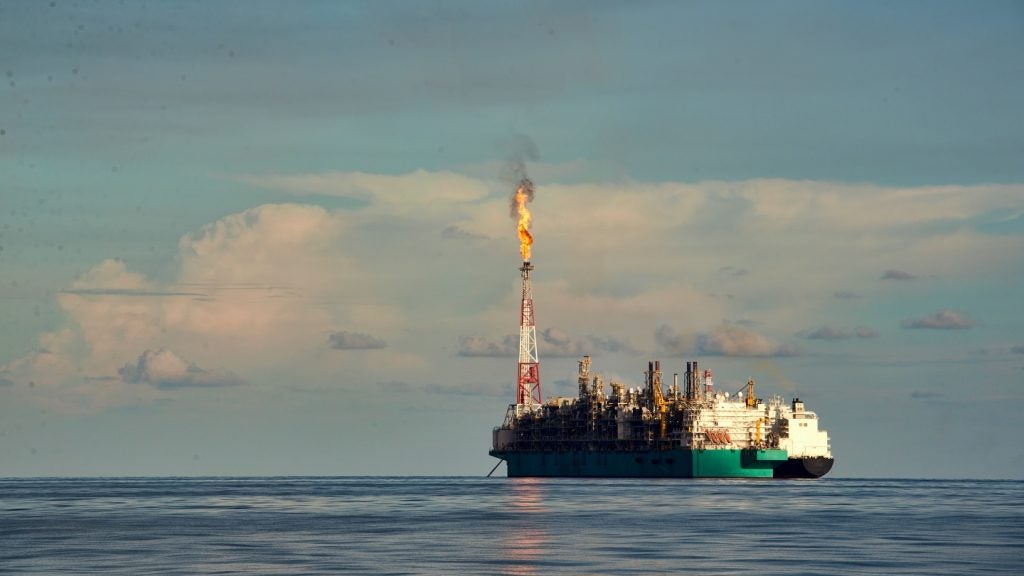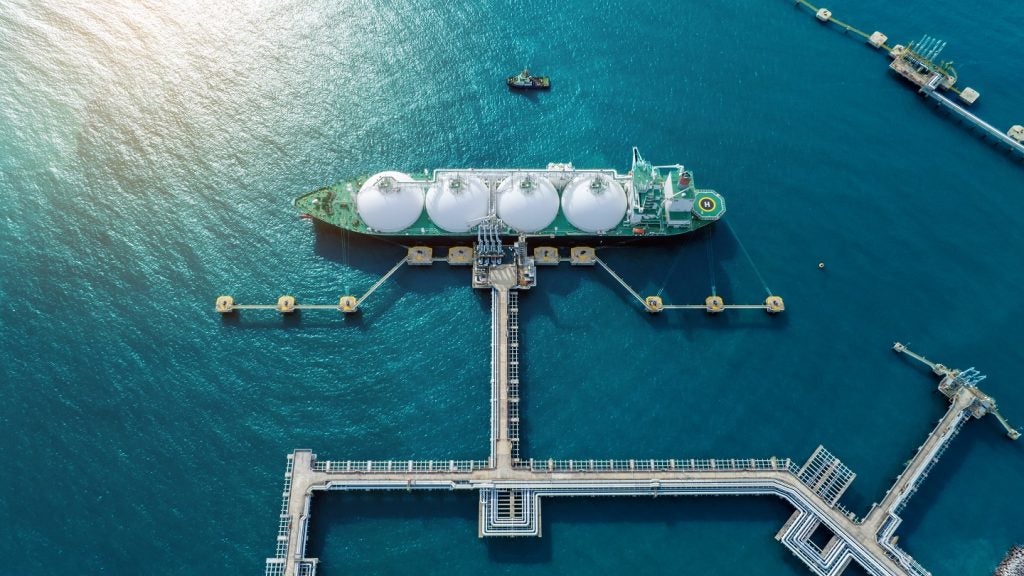Yemen’s Houthis used ballistic missiles to attack two vessels travelling through the Red Sea and the Gulf of Aden early Tuesday, authorities said.
The UK’s Barbados-flagged cargo ship Morning Tide suffered minor damage to its bridge windows due to a projectile attack in the southern part of the Red Sea, west of the Yemeni port of Al Hudaydah.
UK Maritime Trade Operations (UKMTO) reported a small boat was near the ship before the attack.
The US Central Command (CENTCOM) stated that the “Houthi militants fired six anti-ship ballistic missiles (ASBM) from Houthi-controlled areas of Yemen toward the Southern Red Sea and the Gulf of Aden”.
Three ASBMs targeted a Marshall Islands-flagged, Greek-owned-and-operated bulk carrier, Star Nasia, transiting through the Gulf of Aden. Star Nasia reported an explosion near the ship, causing minor damage but no injuries, CENTCOM said.
UKMTO reported that the vessels sustained slight damage and no crew injuries. “The three missiles impacted the water near the ship without effect. Morning Tide is continuing its journey and is reporting no injuries or damage,” CENTCOM added.
Al Jazeera reported that Brigadier General Yahya Saree, Houthi’s military spokesman, said the attacks on the two ships were carried out in self-defence against “hostile” British and US targets. Saree threatened to carry out more such operations.
On 7 February, CENTCOM forces also launched strikes against two Houthi mobile anti-ship cruise missiles that were preparing to launch against ships in the Red Sea in “self-defence”.
“CENTCOM identified these missiles in Houthi-controlled areas of Yemen and determined they presented an imminent threat to US Navy ships and merchant vessels in the region,” it stated on X, formerly known as Twitter.
Since mid-November, the Houthis have been using drones and missiles to attack commercial vessels in the Red Sea as a form of solidarity with Palestinians against Israel in the war in Gaza.
The attacks in Middle East waters have increased the cost of commodities and prolonged transit times between East Asia and Europe.
Ships now take a detour around Africa and the Cape of Good Hope instead of passing through the Red Sea, causing a 1.3% decrease in global trade from November to December, Offshore Technology reported.
Due to recent delays, freight charges have spiked – a 40ft container from China to northern Europe costs more than $4,000 as of mid-January, up from $1,500 in November.


